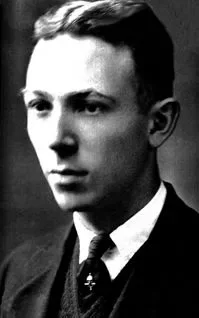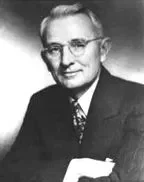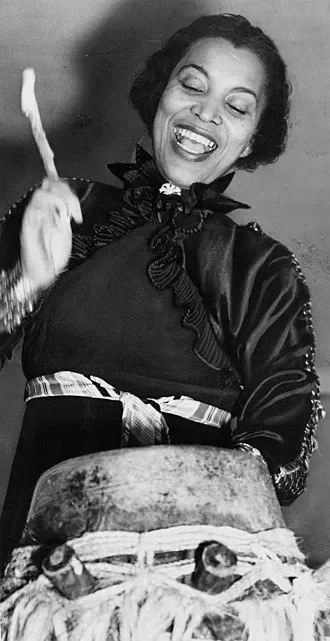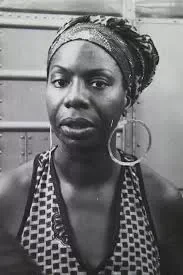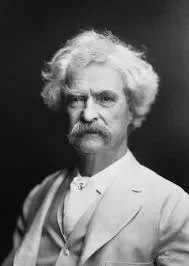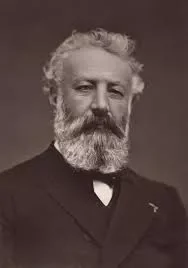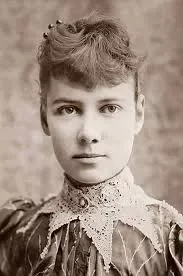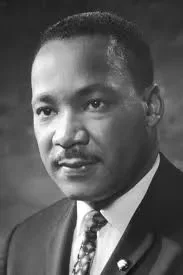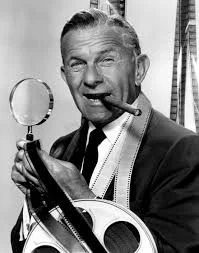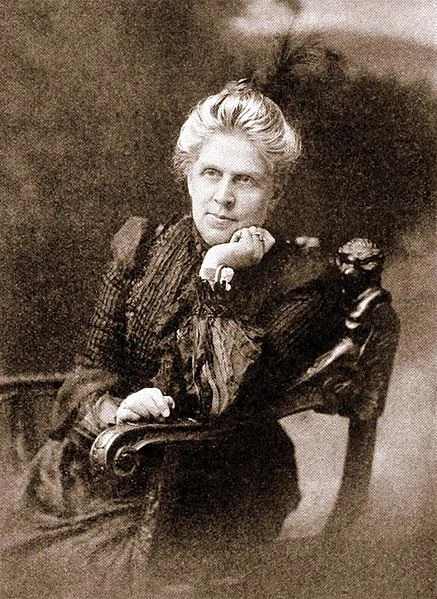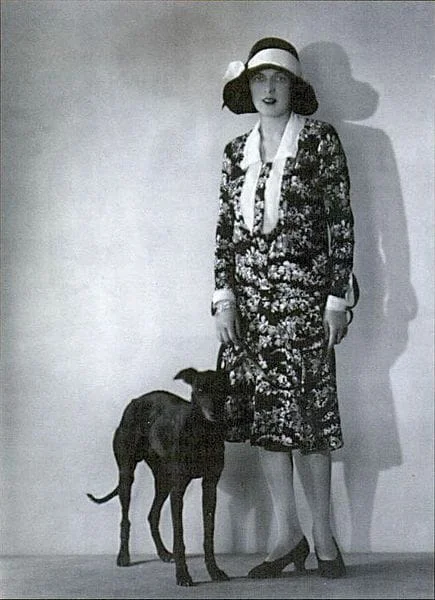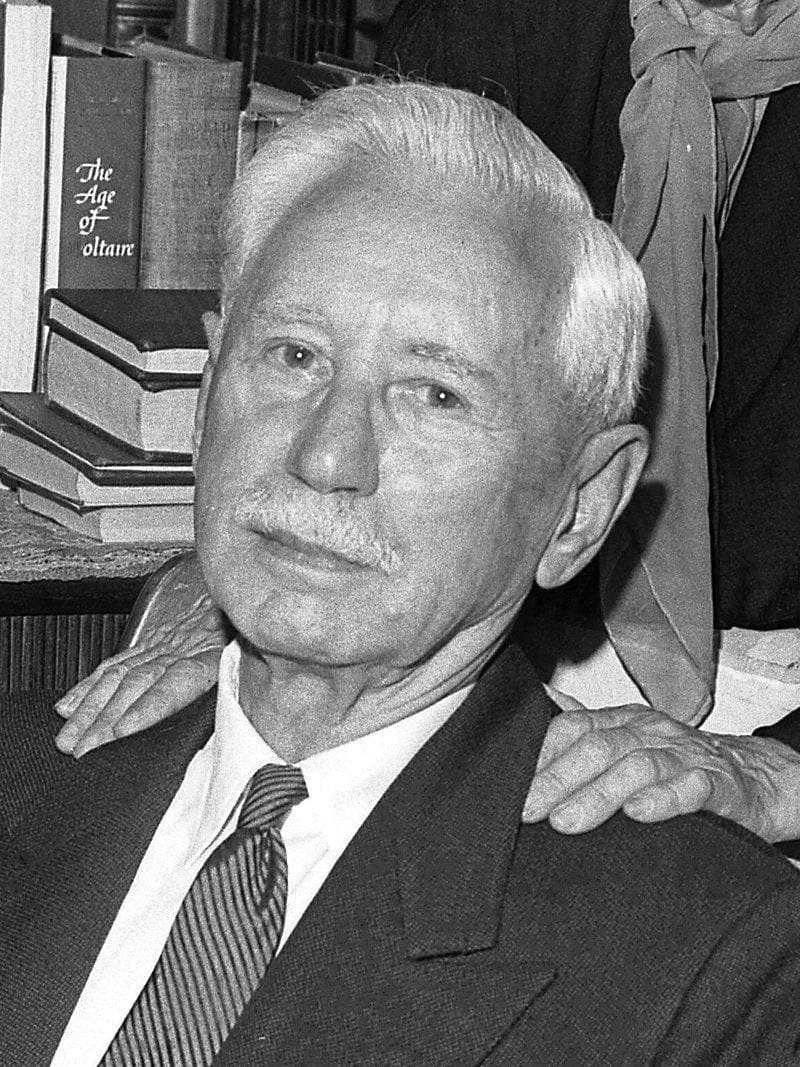Real Celebrities Never Die!
OR
Search For Past Celebrities Whose Birthday You Share
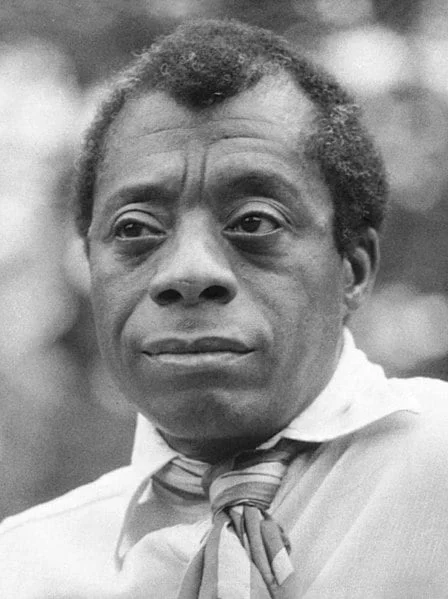
source:https://en.wikipedia.org
James Arthur Jones
Birthday:
02 Aug, 1924
Date of Death:
01 Dec, 1987
Cause of death:
Stomach Cancer
Nationality:
American
Famous As:
Activist
Age at the time of death:
63
James Arthur Jones's Quote's
One of the most significant and influential writers of the 20th century was an American writer, activist, and social critic by the name of James Baldwin, aka James Arthur Jones. He wrote about issues of race, sexuality, identity, and social justice. He was a well-known figure in the African American community and beyond thanks to his passionate support for civil rights and his eloquent writing. This is a timeline of Baldwin’s life and career:
Early Life and Education
James Arthur Jones was born on August 2, 1924, in Harlem, New York City. He was the eldest of nine children and grew up in poverty in a neighborhood plagued by racial tensions and violence. His mother was a domestic worker and his stepfather was a factory worker, and both struggled with alcoholism. Despite these challenges, Baldwin was a talented student and excelled academically. He attended P.S. 24 and DeWitt Clinton High School in the Bronx, where he wrote for the school newspaper and literary magazine.
Beginnings of a Writing Career
After completing high school in 1943, James Arthur Jones started working as a delivery boy for a nearby grocery shop. He also began writing seriously and started publishing essays and book reviews in left-leaning periodicals like The Nation. He relocated to Greenwich Village in 1944, where he became immersed in the intellectual and bohemian culture and started writing “Go Tell It on the Mountain,” his debut book.
Breakthrough with “Go Tell It on the Mountain”
Baldwin was granted a fellowship in 1946 to study at the Peterborough, New Hampshire-based MacDowell Colony for Artists. He finished “Go Tell It on the Mountain” there, and it was published in 1953 to critical praise. The book examined the topics of religion, family, and racial identity and drew inspiration from the author’s personal experiences growing up in Harlem.
Activism and Civil Rights Involvement
Baldwin became more active in the civil rights struggle and promoted social justice through his writing in the years that followed. He authored essays, articles, and novels including “Notes of a Native Son” (1955), “Giovanni’s Room” (1956), and “Nobody Knows My Name” (1961), which questioned white America’s presumptions about race and sexuality.
Prominent Civil Rights Figure
During the late 1950s and early 1960s, Baldwin was a prominent figure in the civil rights movement and worked closely with leaders such as Martin Luther King Jr. and Malcolm X. He spoke at rallies, participated in protests, and wrote articles and books that criticized white America’s complicity in racism and inequality.
Controversies and Criticism
Baldwin’s outspoken activism often drew criticism and controversy, particularly from conservative politicians and media outlets. He was accused of being a communist, a homosexual, and a race traitor, and his books were banned in some schools and libraries.
Time in Europe
In 1963, Baldwin traveled to Europe and spent the next several years living in France, Switzerland, and Turkey. During this time, he continued to write and publish books, including “The Fire Next Time” (1963), a collection of essays that became a bestseller and cemented his reputation as one of the most important writers of his generation.
Legacy and Influence
In the years that followed, Baldwin continued to be a powerful and influential voice in American literature and culture. He published numerous books, essays, and articles, and his work was celebrated for its eloquence, honesty, and insight into the complexities of race, sexuality, and identity.
Death
James Baldwin died on December 1, 1987, at his home in Saint-Paul-de-Vence, France, from stomach cancer.
Name:
James Arthur Jones
Popular Name:
James Arthur Jones
Gender:
Male
Cause of Death:
Stomach Cancer
Spouse:
Place of Birth:
New York City, U.S
Place of Death:
Saint-Paul-de-Vence, France
Occupation / Profession:
Personality Type
Executive: Excellent administrators, unsurpassed at managing things or people. He was highly skilled at managing people effectively.
Like his stepfather, James Baldwin worked as a preacher when he was a teenager. Baldwin was raised in a religious household, and when he was 14 years old, he started preaching in a Pentecostal church in Harlem, New York. According to what he wrote in The Fire Next Time: “I became, during my fourteenth year, for the first time in my life, afraid—afraid of the evil within me and afraid of the evil without.” Baldwin struggled with his own doubts and questions about religion and the world around him as a young preacher. However, he was deeply committed to his faith and the church as a whole.
Richard Wright, who was a prominent African American author and activist, served as a mentor to James Baldwin, another influential African American writer. Baldwin was introduced to Wright’s work when he was a young man and was deeply inspired by Wright’s literary achievements and his advocacy for social justice. He met Wright in person when he moved to Paris in the late 1940s and the two writers struck up a friendship. Baldwin often credited Wright with helping to shape his writing and his political views. In fact, Baldwin’s first novel, Go Tell It on the Mountain, which was published in 1953, was dedicated to Wright.
Commandeur de la Légion d’honneur, 1986
Eugene F. Saxton Memorial Trust Award
Foreign Drama Critics Award
George Polk Memorial Award, 1963
Guggenheim Fellowship, 1954
MacDowell fellowships: 1954, 1958, 1960[233]

